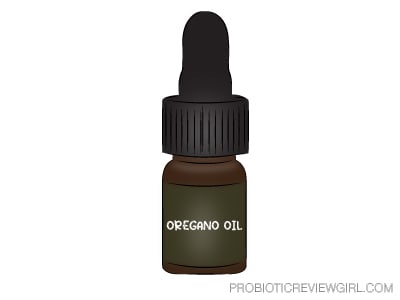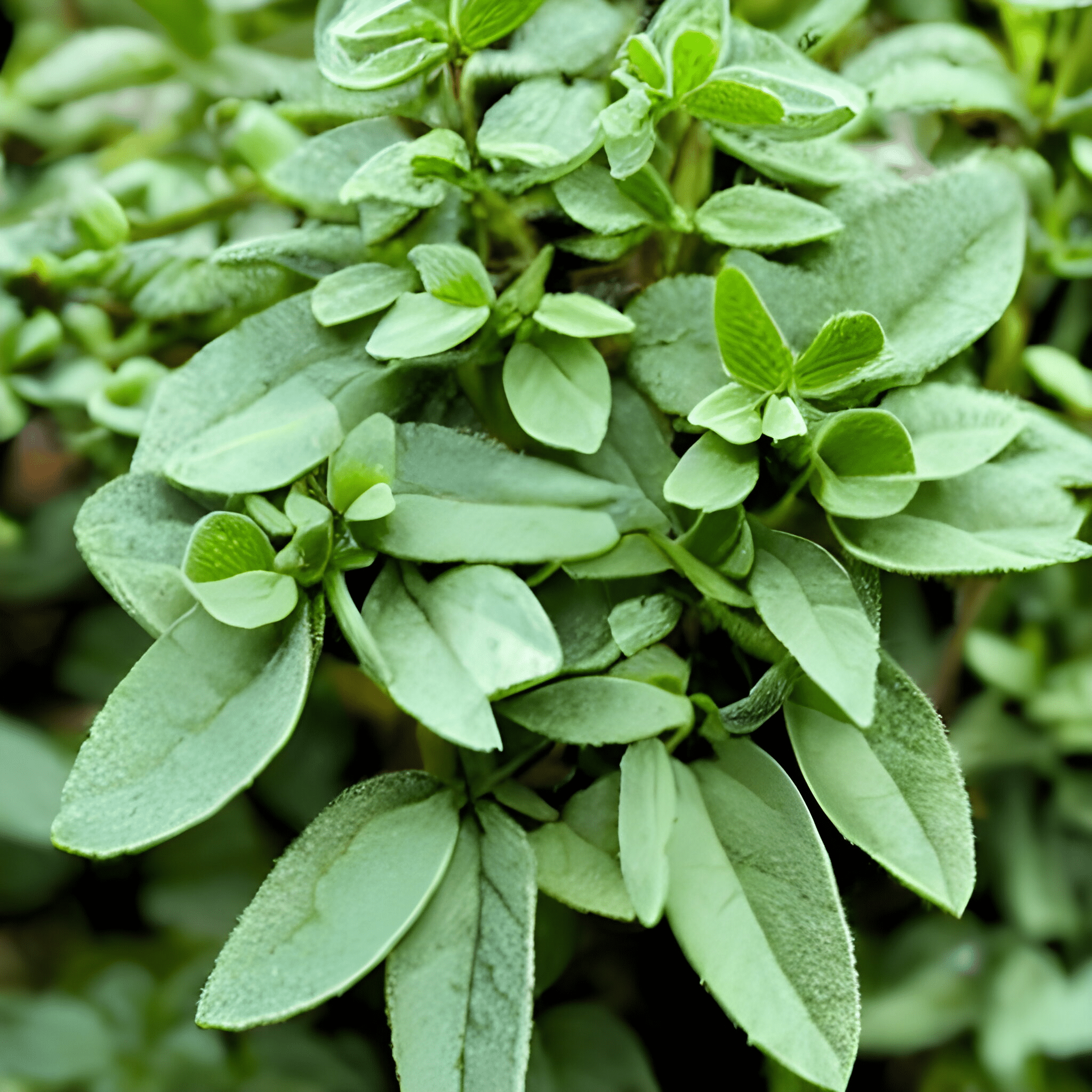Does Oregano Oil Kill Probiotics?
In this article I am going to once again delve into another essential oil and it's effects on probiotics. Last time I wrote about peppermint oil and probiotics which was well received.
There are some good quality studies out there on oregano oil and it's effects on bacteria which can help answer quite a few questions related to their interactions on gut health.
In this guide I will answer all of them.
What Are Probiotics?
Probiotics are live microorganisms that can provide health benefits when consumed and typically bacteria or yeasts that are beneficial for gut health and can improve digestion, boost the immune system, and more.
If you already have a healthy gut it's unlikely that probiotics will do much for you but they may have benefits for intestinal health for someone who has poor gut health but different strains have varying benefits.
Probiotics can be found in many fermented foods such as yogurt, kefir, sauerkraut, kimchi, and kombucha. They can also be taken as dietary supplements in the form of capsules, tablets, or powders.
While oregano oil may have some antibacterial properties, it is not a live microorganism and does not provide all of the same benefits as probiotics but there are some similarities.
Oregano's Impact on Gut Health

The 2010 study I was able to access through a University membership, suggested that oregano oil, specifically its active component carvacrol, may have a positive effect on gut health. The oil was found to have anti-inflammatory properties in a mouse study which may help reduce inflammation in the gut.
Inflammation in the gut is linked to a variety of gastrointestinal disorders, such as inflammatory bowel disease (IBD) and irritable bowel syndrome (IBS). By reducing inflammation in the gut, carvacrol may be able to help manage symptoms of these conditions and promote overall gut health.
More research is needed to fully understand the effects of carvacrol on gut health and the 2010 study I found was conducted in vitro, meaning it was done outside of the human body in a laboratory setting. More research is needed to determine if these results translate to human subjects.
Does Oregano Kill Probiotics?

Oregano Oil Comes From The Oregano Plant.
The previous 2010 study I found did not directly investigate the effects of oregano on probiotics but, it did investigate the antibacterial activity of carvacrol, which is the active component in oregano oil.
Oregano oil, has been found to alter the gut microbiota by reducing the abundance of some good bacteria.
The study found that carvacrol had antibacterial activity against a variety of harmful bacteria, but it did not specifically investigate whether or not carvacrol had any effect on good bacteria.
It is possible that carvacrol could have antibacterial activity against some strains of probiotics, but this would depend on the specific strain and the concentration of carvacrol used. Oregano oil may kill probiotics because it cannot differentiate between pathogenic and good gut bacteria.
Oregano Oil May Kill Some Probiotic Strains
Another study from 2021 published in the Journal of Applied Microbiology however found that carvacrol altered the composition of the gut microbiota, reducing the overall diversity and richness of the microbial community which included both the good bacteria and the bad as well.
It reduced the abundance of probiotics like Lactobacillus and Bifidobacterium, while increasing the abundance of potentially harmful bacteria such as Escherichia coli, Clostridium perfringens, and Campylobacter jejuni. These findings suggest that carvacrol may indeed be able to kill probiotics but here is where it get's weird.
There is conflicting evidence regarding on Oregano Oil's effects on specific strains of probiotics.
Another 2022 study also carried out in broiler chickens found opposite findings showing that 15 days after giving the chickens the oregano oil Lactobacillus probiotics were found to be increased. It didn't mention specific strains of Lactobacillus and that is where I think the confusion could lay.
It is possible that Oregano oil at varying amounts could kill some Lactobacillus probiotic strains whilst allowing other strains like Bacillus Coagulans to thrive but this is just speculation and there is currently no research to back up this theory.
How To Avoid Oregano Oil Killing Probiotics
If you want to take both probiotics togethr the good news is that you can take oregano oil and probiotics at different times can help to avoid oregano oil killing probiotics.
Oregano oil has antibacterial properties, which means it can kill both harmful bacteria and beneficial bacteria, including probiotics similar too how boric acid works.
When taking probiotics and oregano oil together, the oregano oil may kill the probiotics before they have a chance to colonize and establish themselves in the gut, which can reduce the effectiveness of the probiotics according to the earlier studies I referenced.
To avoid this, I would recommend to take oregano oil and probiotics at different times, preferably several hours apart. This can help to ensure that the probiotics have a chance to establish themselves in the gut before the oregano oil is introduced.
It is also important to note that the concentration of oregano oil and the specific strain of probiotics can also play a role in whether or not the oregano oil will have an effect on the probiotics.
Frequent readers of my blog may remember when I wrote about IBGard which contains Peppermint Oil and much of the advice about taking that oil together with probiotics applies.
How Much Oregano Oil Is Too Much?
There is no one-size-fits-all answer and the appropriate amount of oregano consumption varies depending on factors such as age, health status, and individual tolerance. A general rule of thumb is too not take more than 600mg per day or 200mg three times per day.
It is generally safe to consume oregano in food amounts, but the use of oregano supplements or high doses of oregano oil should be done with caution and under the guidance of a healthcare professional.
It's not entirely clear whether too much oregano is harmful to probiotics, because some studies haven't yet been able to answer this question.
Closing Thoughts
While oregano oil may have some potential benefits for gut health, there is conflicting evidence regarding its effects on probiotics. Some studies suggest that oregano oil, particularly its active component carvacrol, can reduce the abundance of certain probiotics and alter the composition of the gut microbiota.
Other studies I found that oregano oil can have positive effects on gut health without affecting probiotics. So, if you want to take both probiotics and oregano oil, it is recommended to take them at different times to avoid any potential negative effects on the probiotics. The concentration of oregano oil and the specific strain of probiotics may also play a role in whether or not the oregano oil will have an effect on the probiotics.

Alicia Harper is a NASM-CNC Certified nutritionist and the editor of ProbioticReviewGirl.
After suffering from recurrent gut issues she spent years researching Probiotics and the microbiome.
She has tested 29+ different Probiotics and is a probiotics expert. As a probiotic fanatic, she has valuable knowledge to share with the world.